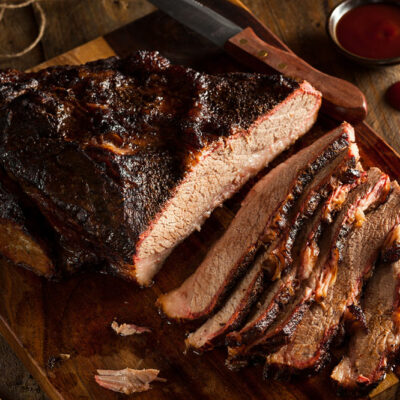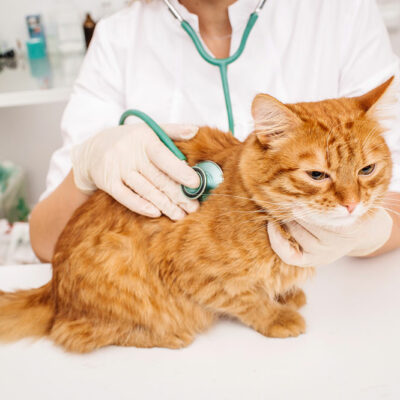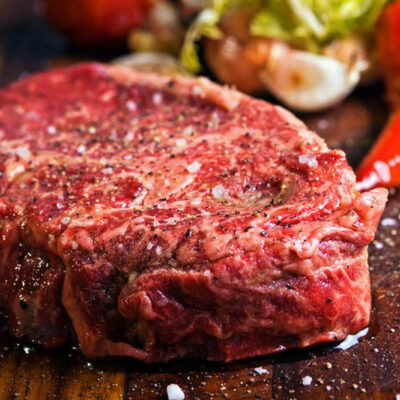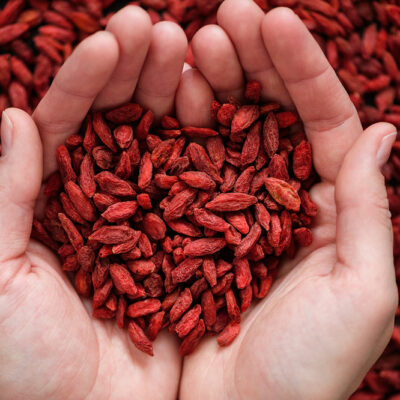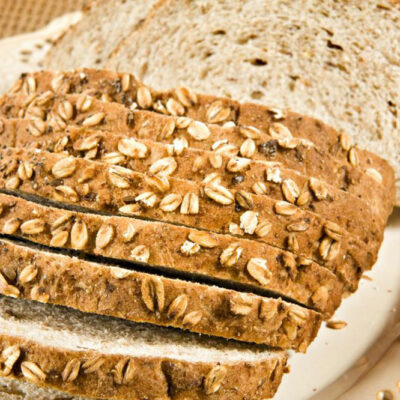
Food
Healthy Diet for Schizophrenia Patients
People with schizophrenia tend to follow an unhealthy diet. Poor eating habits can lead to other health problems that can put such patients at high risk of cardiovascular diseases. Research has shown that changes in the diet can help people with schizophrenia live a better life. So, here is a list of what to eat when you have schizophrenia. Fruits Fruits are the obvious answer when you are wondering what to eat when you have schizophrenia. Eat a lot of fresh fruits like raspberries, pears, apples, and others. They have high amounts of fiber, which helps lower bad cholesterol and aids in digestion. A fiber-rich diet may lower your risk of health problems that are often associated with schizophrenia, like heart disease, diabetes, and obesity. Vegetables Vegetables are low in fat and calories and packed with fiber and important vitamins. Also, vegetables contain potassium, which helps keep the blood sugar level in check. The best vegetables you can eat are lima beans, kidney beans, and sweet potatoes. Salmon and other fatty fishes Omega-3 fatty acids have been known to prevent and ease the symptoms of schizophrenia and slow the disease’s progress. The body cannot produce omega-3, hence include salmon and mackerel in your daily diet.
Read More 

